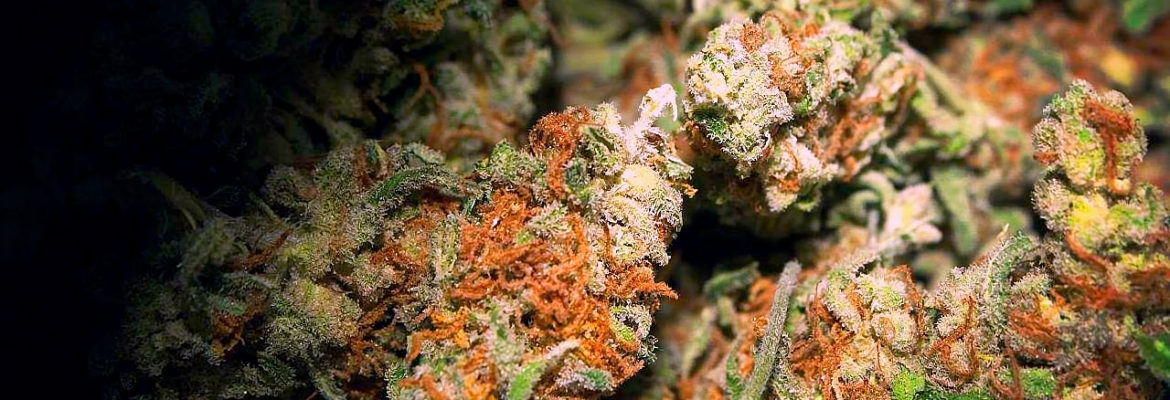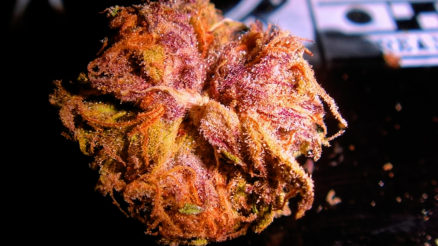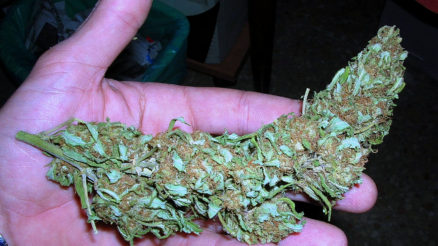Study: CBD Reduces Cocaine Intake
According to a new study published by the journal Neuropharmacology, cannabidiol (CBD) reduces cocaine intake and has “pro-neurogenic effects” in cocaine consuming animals.
The study, titled Repeated Cannabidiol treatment reduces cocaine intake and modulates neural proliferation and CB1R expression in the mouse hippocampus, was epublished by the National Institute of Health.
“Cannabinoid derivatives have shown promising results for treating neuropsychiatric disorders, including drug addiction”, begins the study’s abstract. “To determine whether CBD can attenuate cocaine reinforcement, we assessed behavioural responses induced by cocaine in mice, using the behavioural sensitization, conditioned place preference and intravenous self-administration paradigms.”
Researchers show that “repeated CBD treatment produces anxiolytic effects in the elevated plus maze test, increases the discrimination index of the novel object recognition task and attenuates cocaine-induced conditioned place preference but does not affect behavioural sensitization.” CBD also “reduced cocaine voluntary consumption and progressive ratio breaking point in the self-administration paradigm, but not drug-induced reinstatement. In parallel, CBD increased expression of type 1 cannabinoid receptor, MAPK-CREB phosphorylation, BDNF expression, and neural cell proliferation in the hippocampus, and reduced the GluA1/2 AMPA subunit receptor ratio in the striatum.”
In summary, researchers state that “CBD can modulate some behavioural and molecular manifestations of cocaine reinforcement. Moreover, our findings show that CBD has pro-neurogenic effects also in cocaine consuming animals. Overall, this novel evidence provides new perspectives to use CBD as a therapeutic tool.”
More information on this study can be found here.
The post Study: CBD Reduces Cocaine Intake appeared first on TheJointBlog.
>View original article
Author: Anthony Martinelli




